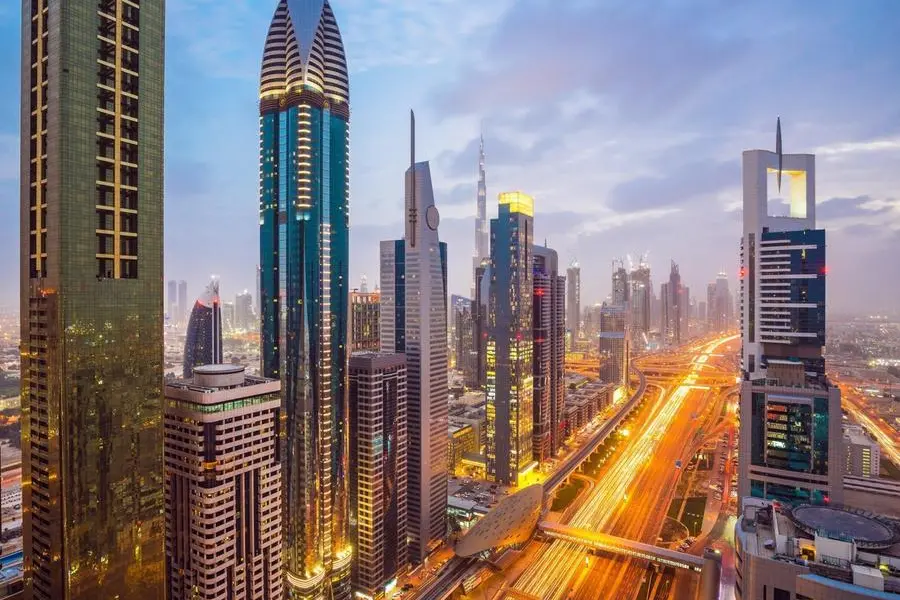PHOTO
Cities such as Dubai and Abu Dhabi will define the world's future as global economic growth engines, and power corridors see a seismic shift towards the Middle East and Asia, say global researchers.
"We are going to be looking at regions and cities that will define the future of the world. And clearly, it could be Ahmedabad, Mumbai, Shanghai, Dubai, Abu Dhabi. There's going to be a cluster of 15 or 20 economic and political centres that are going to create a whole new networked architecture of global governance," said Dr Samir Saran, President of Observer Research Foundation.
While speaking on the "Key Predictions for a Changing World Order" at the World Government Summit, he said the nation-state framework is going to continue to underperform simply because the politics that emerge from countries are always zero-sum. "It's always the lowest common denominator. So cities give me optimism."
He added that the world will see China becoming more influential while India, despite its rather loud and emotional democracy, will see compelling economic growth which is going to decide the future of sustainability and the future of climate action.
“Now, both of these countries are going to be unlike the West. The largest chunk of global economic power is going to be in two countries that have not been part of writing the old order. And therefore, there is going to be pressure on global institutions that are not designed to accommodate these very two unique actors that are coming up. In the days ahead, we are going to move away from the clunky assessments through the prism of nation states,” Saran said.
The Observer Research Foundation President added that both economic opportunity and political power are shifting towards the East.
“The world power is moving from East Asia to the eastern hemisphere more generally.”
Prof. Arturo Bris, director of IMD World Competitiveness Center, said the world or the way it is built today doesn't make any sense because economic powers like India, Brazil, or Germany don't have a massive role in the international order.
“In the last five or six years, we are going through a rather turbulent phase. We have lost a large part of humankind to the pandemic because we are all selfish. We did we were not willing to share. We are not willing to create global institutions to deliver responses to different parts of the world,” he said.
Copyright © 2022 Khaleej Times. All Rights Reserved. Provided by SyndiGate Media Inc. (Syndigate.info).





















